Michelle Breum is our WRADvocate from Montana. She's doing so many amazing things to celebrate World Read Aloud Day, among them selling bookmarks to fundraise for LitWorld.
She's also arranged for authors Robert Munsch, Eric Litwin, and A.J. Paquette to sign special books that can be raffled off as prizes. We're excited to have Michelle's energy with us for WRAD this year! You can read more about her below.

1. Can you share some of your earliest memories of reading and how they impacted you?
My childhood memories are few and fuzzy, so I only remember three of the stories my mom read to me. I remember my mom reading The Tale of Peter Rabbit, The Velveteen Rabbit, and a poem called The Goops. While reading some fun books with Grover as the main character to my own children some vague memories of a librarian reading some of these books came back to me. It was fun to revisit these books. Our favorite is There's a Monster at the End of This Book. My brother, sister, and I were given time to read in bed most nights. I didn't read very many books. I wasn't a good reader and usually got to the end of a page without knowing what I read and would have to start over trying hard to concentrate. I didn't read for enjoyment until my late twenties. I couldn't connect or pay attention while reading. I avoided most assigned reading all through school. Attending college and my desire to be a teacher forced me to learn to connect to what I read.
2. Is there a particular book that has changed your life in some way and why?
The Glass Castle by Jeannette Walls is a book that changed me. It showed me how a person can rise above a difficult childhood. Hearing the story of the author's selfish mom made me appreciate my mom's love and the sacrifices she made for her children in a new light.
3. What advice would you give to teachers, parents and caregivers who want to reach their struggling readers?
One of the best things anyone can do to help a struggling reader is to match a reader with books of high
interest at the right reading level and give a reader time to read. Struggling readers also need someone to read to them, someone to listen to them read, someone to talk to them about what they are reading, and someone who knows how to teach the skills a reader may be missing.
4. What do you think is most essential for teachers, parents and caregivers to do in order to nurture a child to become a lifelong reader?
I think parents, teachers, and caregivers should read to kids from birth through the teenage years. Fiction books, non-fiction books, magazines, news stories, and signs or pamphlets when visiting places all help children learn about themselves, about others, and about the world. Reading to a child often will increase a child's desire for knowledge.
5. Will you share with us some final meditations on the power of the read aloud and of reading in general to the emotional lives of children and for all people?
I am so happy to be a part of LitWorld's World Read Aloud Day! Reading aloud is something that brings people together. I still read aloud to my children. They are 8, 8, and 10 years old. Thinking about the power of reading aloud got me to encourage my husband to choose and read a book to our children. He read The Castle in the Attic by Elizabeth Winthrop. I loved watching them interact during the story.They now have this shared experience. My husband used to read picture books to our kids before bed, but he stopped as they got older. I have a friend whose parents read aloud to each other. One puts together a puzzle while the other reads. How beautiful is that!
To learn more about Michelle, you can follow her work here:
Author of Blog, Beginning Reading Help
Owner of Parent and Child Reading Assistance
Moderator of Beginning Reading Help BlogFrog community















